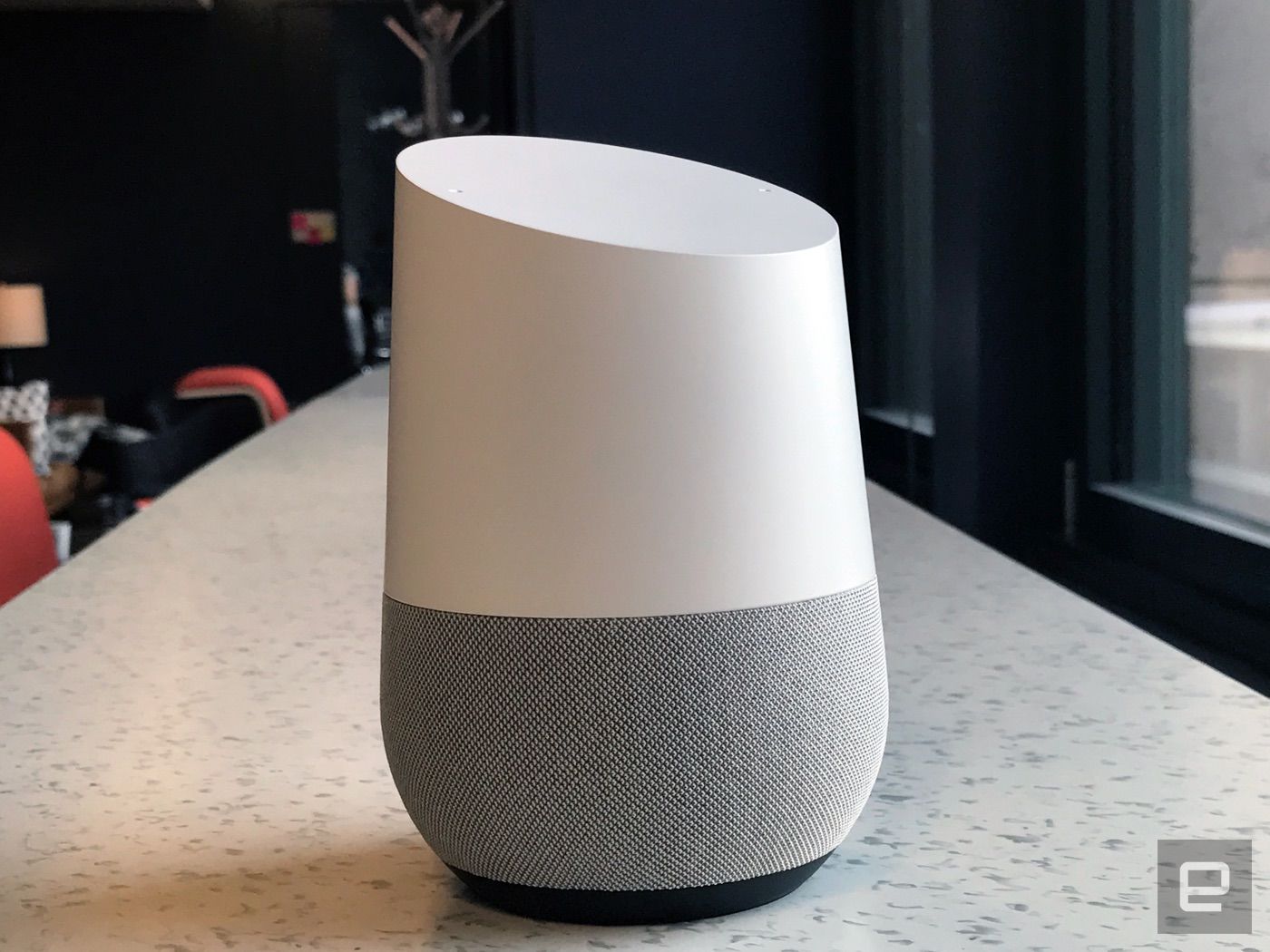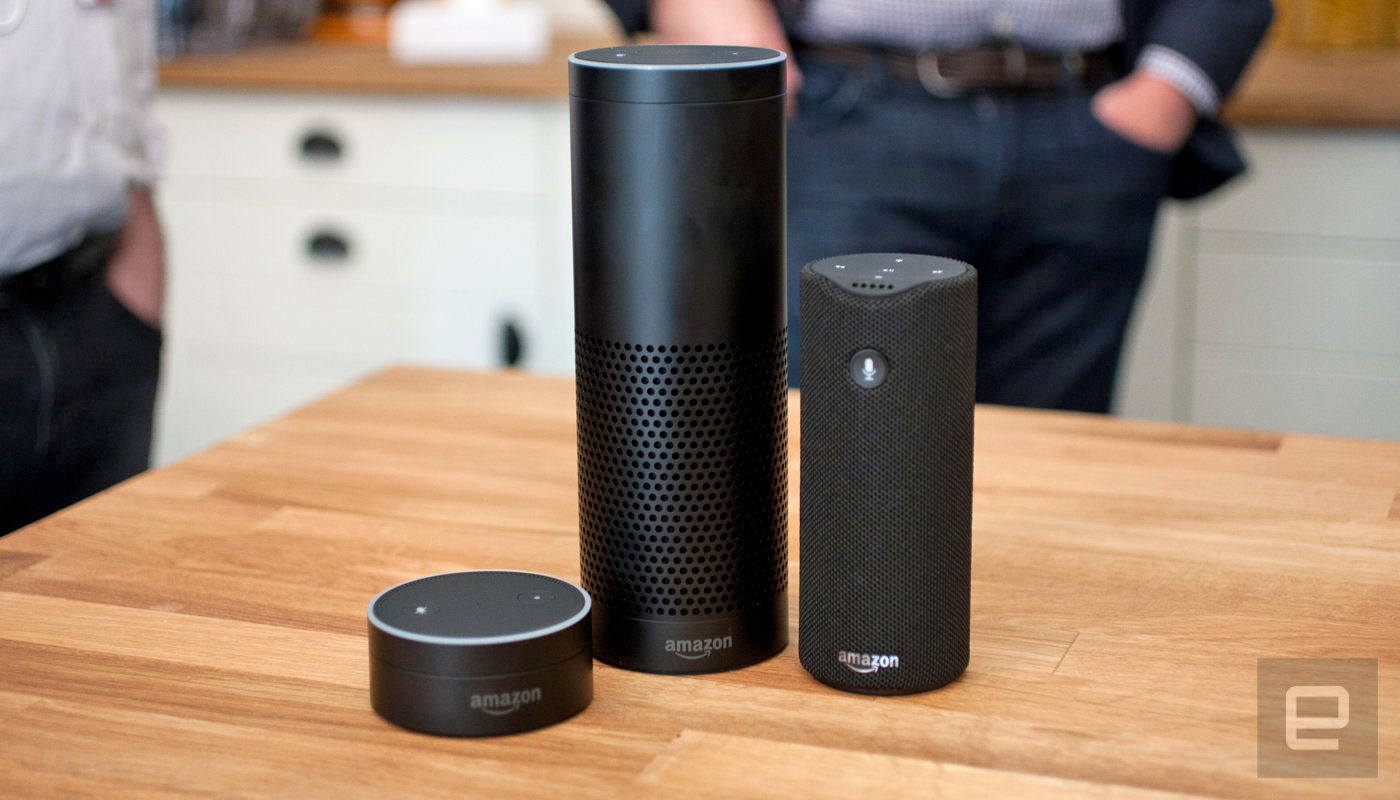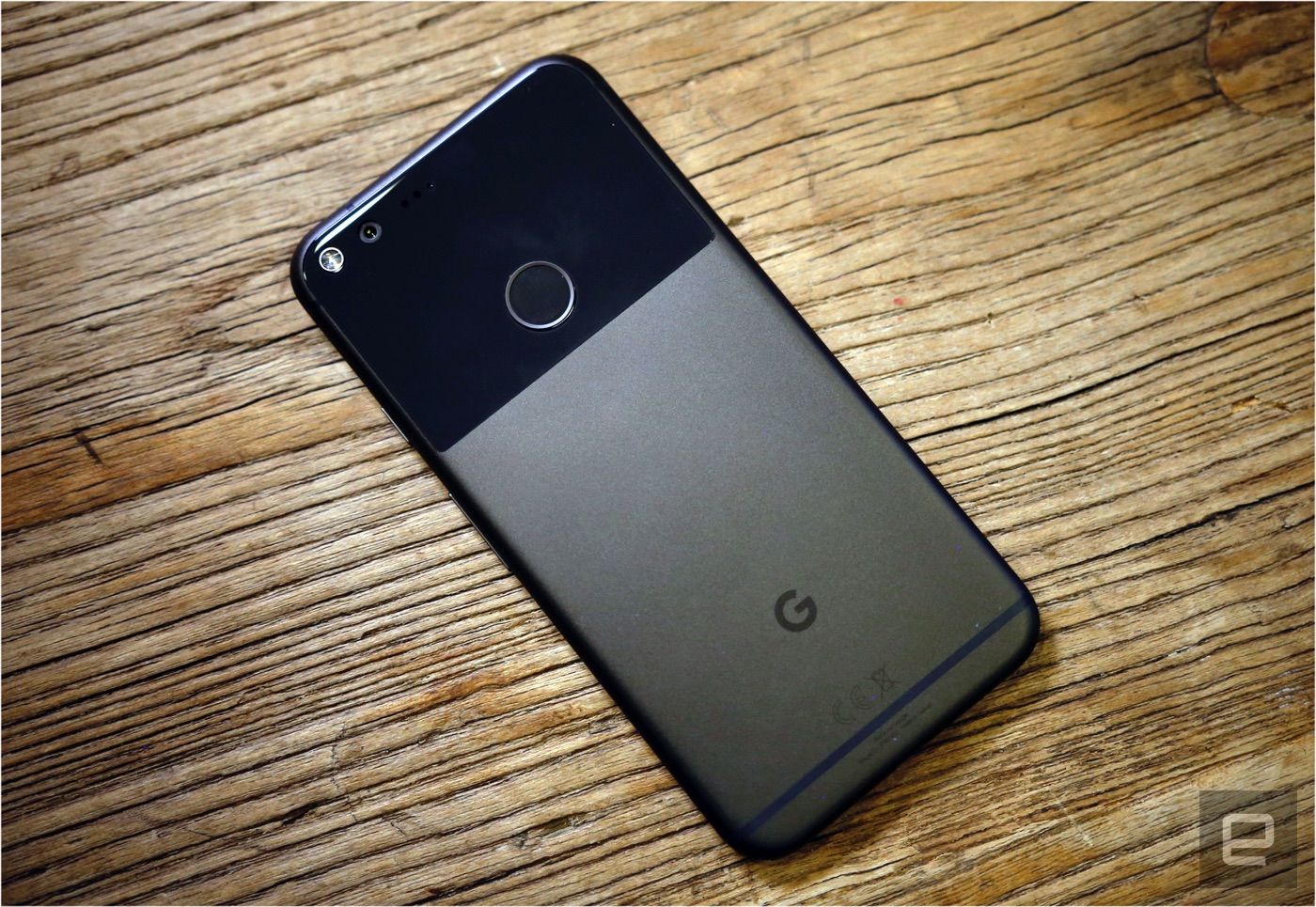The news is out: HTC and Google have finally consummated their ages-long flirtation with one another. In exchange for $1.1 billion in cash, HTC will hand over 2,000 employees to the search giant. These are the people that formed the bulk of the Taiwanese company’s “Powered by HTC” division, the R&D team responsible for building handsets like the Pixel.
As a result, HTC’s R&D division has shrunk in half — right now it employs 4,000 — and the company has earned just over a billion dollars in the process. The deal does have some other facets, like Google getting a non-exclusive license to use HTC’s intellectual property. But, fundamentally, the search giant now has plenty of minds to staff its Taiwan offices, and HTC’s ostensibly smaller and wealthier.
But the mechanics of the deal are puzzling, especially since HTC has pledged to continue making phones under its own name. The reason it made for such easy pickings is that there’s little profit to be made building smartphones unless you’re Apple or Samsung. And it has had a run of nine successive quarters where it has made some pretty substantial losses. The $1.1 billion cash injection aside, HTC is persisting with a business we’re all fairly certain is moribund.

Not to mention that, now, HTC will have a huge proportion of its current employees working for a rival handset maker. However you want to characterize the deal, this is about Google pushing its own hardware ambitions. What will prompt purists to buy HTC’s next flagship handset if, for instance, a similarly-priced Pixel 3 does everything just as well?
We’ve been wildly theorizing, and it’s just possible that HTC might have played the bad hand that it was dealt pretty well. It’s managed to come out of this with a billion dollars, two thousand fewer employees and the freedom that comes with being one of Google’s closest friends. But for this to make sense, you need to remember that the company bundled the U11 with a voice assistant: Amazon’s Alexa.
Google, as you know, has plenty of ambitions in the artificial intelligence / smart assistant space with its own Assistant. It forms an increasingly large part of its home products strategy, and there is a constant push to make Assistant ubiquitous across Google’s platforms. Standing in its way, however, are rival offerings from Samsung, Apple, Microsoft and, crucially, Amazon. It’s the latter that may be the most troubling, since it is being included on a whole lot of smart devices.

The fact that you can get Alexa on HTC, Huawei and (kinda) Lenovo devices must, surely, trouble Google — and that brings us to the tactics playbook that Google used back in 2011 when it needed to bring Samsung in line. Back then, Google bought Motorola for $12.5 billion, and one of the reasons — or theories — as to why it did, was to bring Samsung to heel. At the time, the Korean giant was pushing Google, and Android, to the sidelines of its own ecosystem.
Android had been skinned into oblivion with TouchWiz, and Samsung was looking for a way to make Tizen its primary operating system. But, the company was vulnerable to the patent wars that were raging on at the time. So, Google bought Motorola and, with patent leverage on its side, hassled Samsung to row back on TouchWiz and generally fall back in love with Android.

A few years later, and Samsung is rather nakedly demonstrating its ambitions to keep Google from becoming too powerful once again. Samsung has launched its own smart assistant platform, Bixby, and has even added a hardware button to trigger it on its Galaxy S8 flagship. Bixby is currently described as little more than “structural bloatware,” but it’s likely to get better, and fast.
Power users, angered over the decision, have demanded that Samsung let them assign the button to other duties. But we know all too well that many people are happy with the defaults their device provides. And if all of those casual users are railroaded into using Bixby over Assistant, then it can’t help but improve.
Then there is Amazon’s inroads into the home space with its Alexa-powered Echo devices, which are now available on plenty of third-party speakers. Google has eyes on dominating the spaces in our home that smartphones can’t touch, but Amazon’s proving to be a persistent menace. Microsoft, meanwhile, jumped into bed with Amazon to connect the Cortana voice assistant to Alexa. Commentators have described the partnership as a “coalition of weaklings,” but it’s a coalition that doesn’t favor Google.

In the face of serious competition, what is Google to do? It can’t attack Samsung directly, and it also can’t make obvious efforts to block Alexa integration with other Android manufacturers. But by strengthening the relationship between Google and HTC, it’s likely that you won’t find Alexa on their future handsets.
Given how quickly Motorola was sold on after that deal, it’s impossible to say how serious Google is about this latest apparent hardware push. But this partial acquisition sends a statement that the company is at least serious about making sure its services are front-and-center on Android phones.
Will Samsung, currently reeling from the negative reaction toward Bixby, be cowed into ceding the AI race? Probably not, but other mobile competitors like Huawei, which included Alexa on its Mate 9 phone, may think twice. Manufacturers will likely want to stay on Google’s good side.
